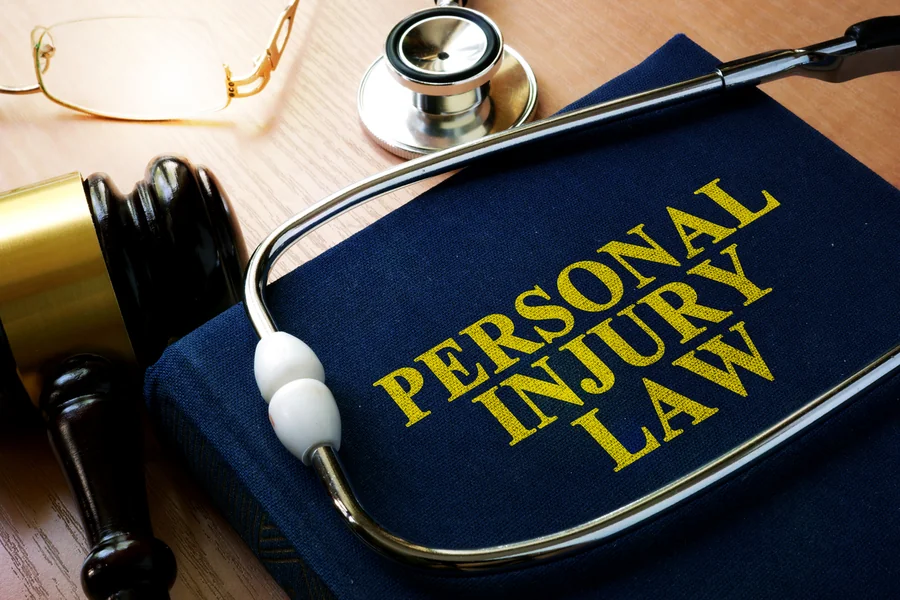Elder abuse in Las Vegas is a growing concern, with Nevada ranking among the states with significant elderly populations facing various forms of mistreatment. Financial exploitation is particularly prevalent, with experts estimating that U.S. seniors lose more than $36 billion each year to financial abuse and exploitation, and only one out of 44 cases are reported to authorities. Beyond elder abuse, language barriers create additional challenges for injury victims seeking justice in Las Vegas’s diverse community.
About 1 in 5 people in the U.S. speak a language other than English at home, and this can cause real problems in many communities, particularly for people who are injured and need legal help. Centro Legal Hispano de Las Vegas provides crucial bilingual legal support to bridge this communication gap. By providing bilingual law support, practitioners fill in the void between attorneys and trauma patients speaking different languages.
Enhancing Communication
A foundation of clear communication is the backbone of every successful case. When those injured speak a different language, misunderstandings can slow or even derail a case. Bilingual law support guarantees that clients fully understand their rights, options, and the legal process. It allows for a rigorous communication between attorneys and their clients, thus allowing for better decision-making.
Some of these miscommunications can have serious ramifications, as communication between the attorney and the case outcome is often directly related. Offering multilingual services enables law firms to reach a wider audience and also guarantees that all clients get the assistance they need, building trust and confidence, which is so critical in the attorney-client relationship.
Access to Justice
Access to legal services is a challenge for underserved communities. This issue has the possibility of being worse due to language barriers where large numbers go without any representation at all. It provides access to justice for a wider audience that would otherwise be left without help.
Lawyers can expand their reach to clients who feel disenfranchised or neglected by providing services in languages other than English. This ensures that all individuals — regardless of language background — have the chance at justice and to receive just compensation for injuries.
Cultural Sensitivity
When dealing with clients from all over the world, cultural awareness is extremely important. Bilingual lawyers often understand cross-cultural differences and can handle cases with a level of sensitivity and respect that language barriers can sometimes hinder. Such knowledge could be extremely helpful in establishing credibility and trust with clients from different backgrounds.
Improving Client Satisfaction
Understanding cultural backgrounds also helps to navigate legal systems that may be very different from those of the client’s country of origin. According to the American Bar Association, acknowledging these differences allows bilingual attorneys to provide more individualized and effective support.
Satisfaction of clients has always been the main goal of every legal practice. It enhances the client experience by providing ease of access to legal services and providing a personal touch to potential clients. Clients feel heard and understood when they can communicate in their preferred language, which results in a greater sense of satisfaction. When clients are happy, they will refer others to the services a firm provides, increasing the firm’s local reach.
Building Community Trust
A bilingual legal office helps increase confidence among underrepresented people. These firms can deepen their ties with clients and the broader community by demonstrating a commitment to inclusion and comprehension.
Building trust is a long game that requires continual work. Providing bilingual support is one way to demonstrate that a firm respects its broader clientele. This method not only helps individual clients but also the overall standing and reputation of the firm as well.
Increasing Legal Outcomes
Effective communication makes all the difference when you look at how well you are represented. To this end, a bilingual attorney can negotiate and advocate more effectively when there are no language barriers present. Such an approach can result in improved settlements or court results for clients.
A good grasp of the client’s narrative helps ensure their story is properly told. This accuracy can be the difference between finding success in court and failure, providing clients the justice and compensation they desire.
Encouraging Community Advocacy
Bilingual legal services can be a catalyst for community advocacy by creating opportunities for individuals to pursue justice. Seeing others win their cases inspires others to follow suit. And a side benefit of that advocacy can result in wider systemic change that benefits the whole community.
In short, bilingual law support serves to give them all hope by way of providing them with examples of role models who have been able to find success; role models who can inspire them to fight for their legal rights.
Conclusion
Having bilingual law support makes a world of difference for injury victims in communities that are often underserved. These services promote better communication, justice, and trust by addressing the specific needs of a diverse demographic. Bilingual legal assistance offers individuals a better experience, as well as strengthening community ties through cultural sensitivity and improved client satisfaction.

